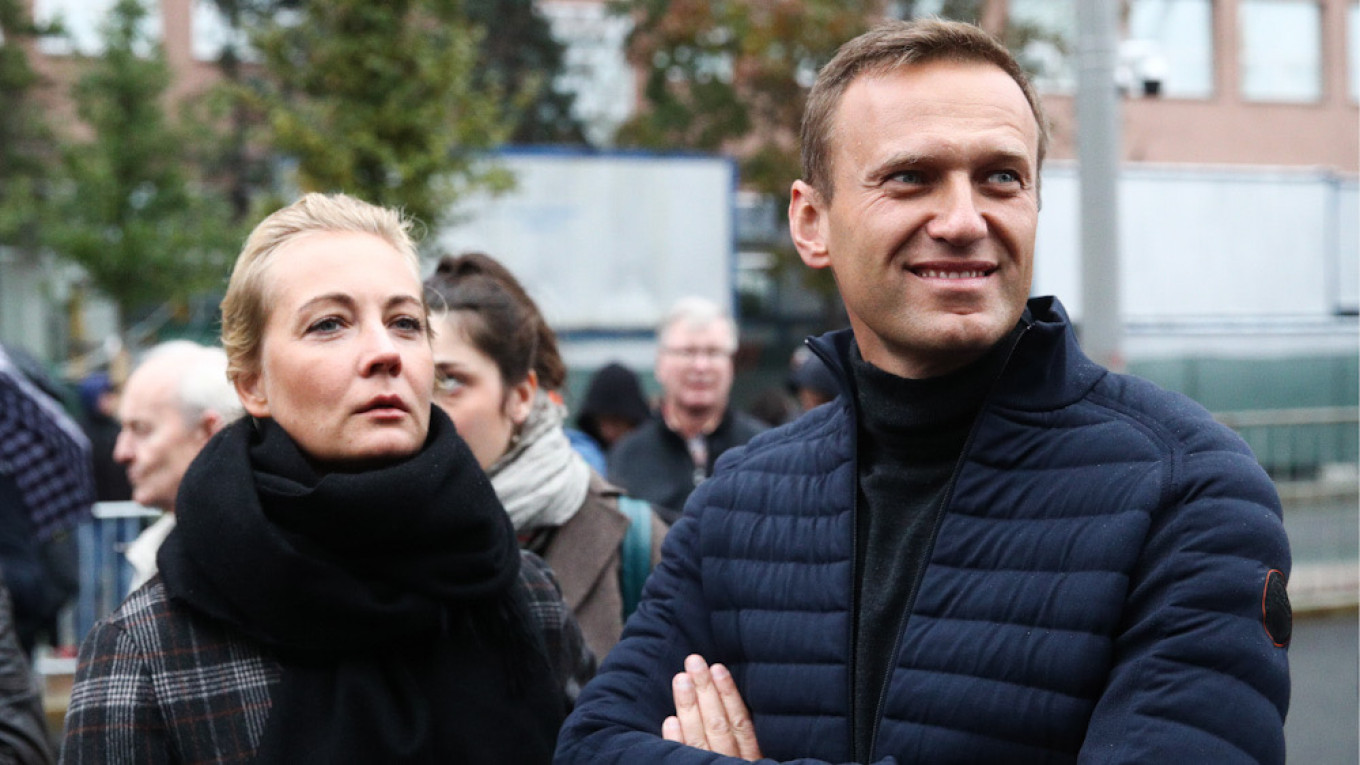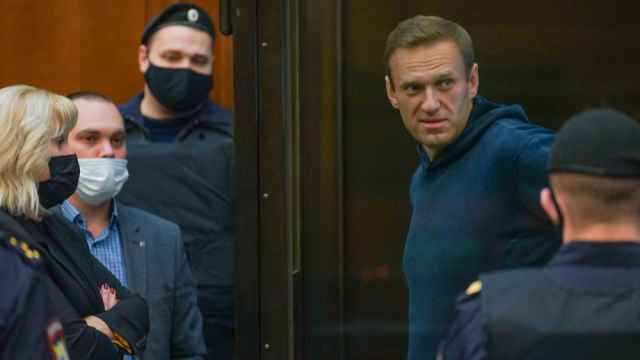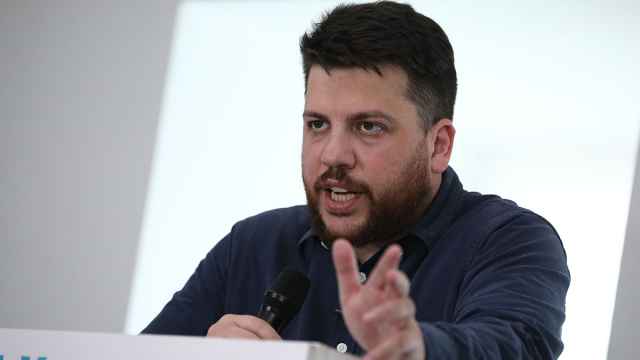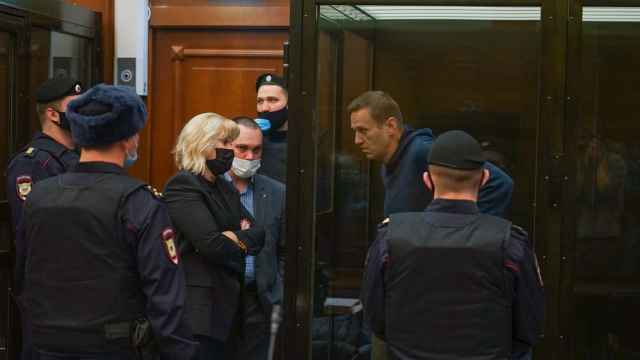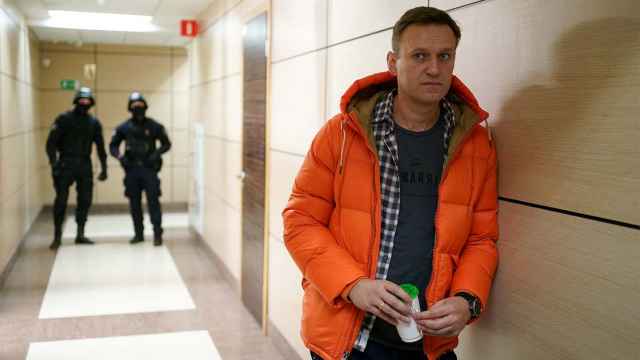Russian opposition figure Alexei Navalny urged the EU on Friday to put targeted economic sanctions on the oligarchs surrounding President Vladimir Putin.
"There is no sense in sanctioning colonels or generals or some people who are definitely not traveling a lot," Navalny told MEPs by videolink.
Addressing the European Parliament's foreign affairs committee, Navalny, who is recovering in Germany after a poisoning allegedly ordered by the Kremlin, argued for a new strategy.
He said the Russian officials and military officers who are traditionally targeted "definitely do not have a lot of estate or bank accounts in Europe."
Instead, he argued, Brussels should go after what he said was Putin's true inner circle of wealthy moguls with yachts and investments in the EU.
Western governments have concluded that Navalny was poisoned by Novichok, a military-grade poison that would be hard for non-state assassins to procure.
He is recovering after treatment in a Berlin hospital, but his case has increased tensions between Moscow and European capitals, especially Berlin.
The EU has imposed entry bans and bank account freezes on six people suspected of being responsible, including the head of Russia's FSB intelligence agency.
But Navalny said it was a mistake to look for a political motive in Moscow's actions, arguing that the Moscow elite is simply interested in money.
"The Russian state must be treated like a bunch of criminals who have temporarily seized power," he said, urging Europe to support the Russian people.
He warned Brussels to reject the result of next year's Russian parliamentary elections which he said would certainly be rigged.
A Message from The Moscow Times:
Dear readers,
We are facing unprecedented challenges. Russia's Prosecutor General's Office has designated The Moscow Times as an "undesirable" organization, criminalizing our work and putting our staff at risk of prosecution. This follows our earlier unjust labeling as a "foreign agent."
These actions are direct attempts to silence independent journalism in Russia. The authorities claim our work "discredits the decisions of the Russian leadership." We see things differently: we strive to provide accurate, unbiased reporting on Russia.
We, the journalists of The Moscow Times, refuse to be silenced. But to continue our work, we need your help.
Your support, no matter how small, makes a world of difference. If you can, please support us monthly starting from just $2. It's quick to set up, and every contribution makes a significant impact.
By supporting The Moscow Times, you're defending open, independent journalism in the face of repression. Thank you for standing with us.
Remind me later.


